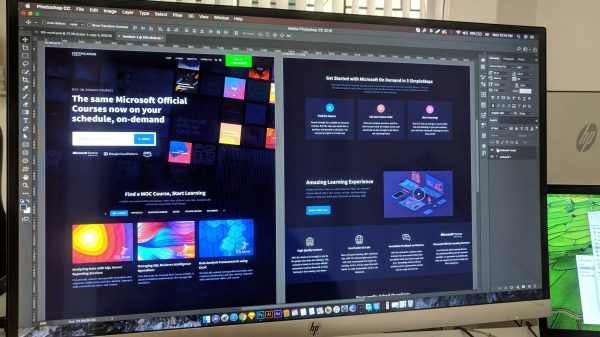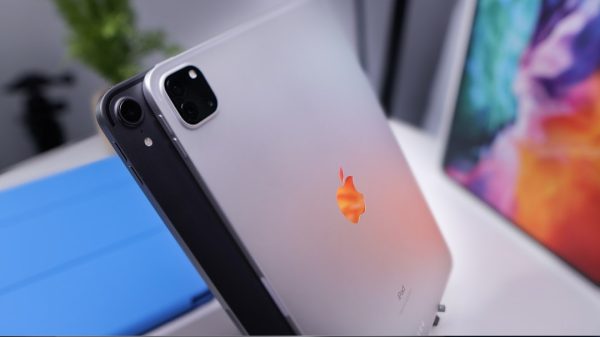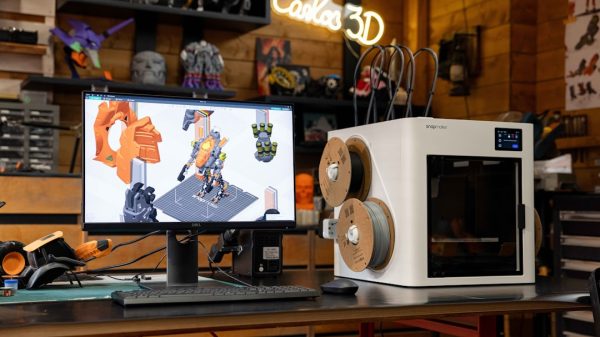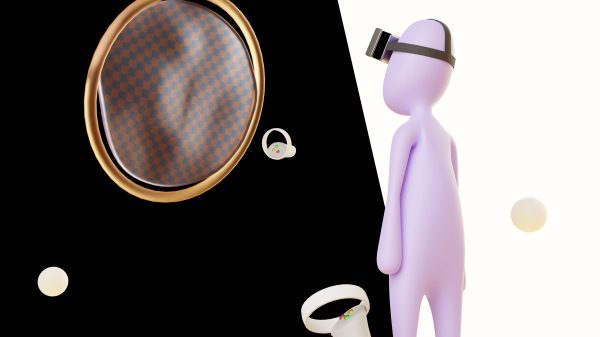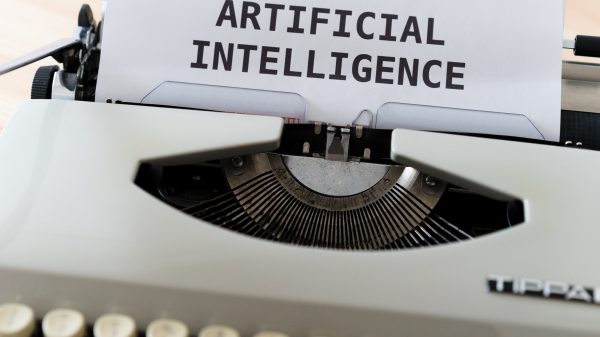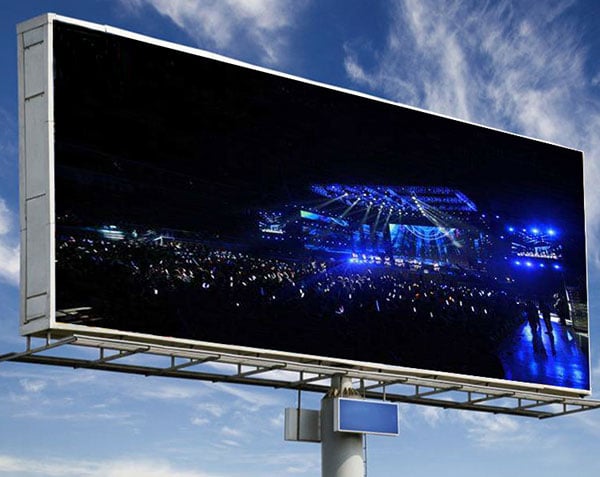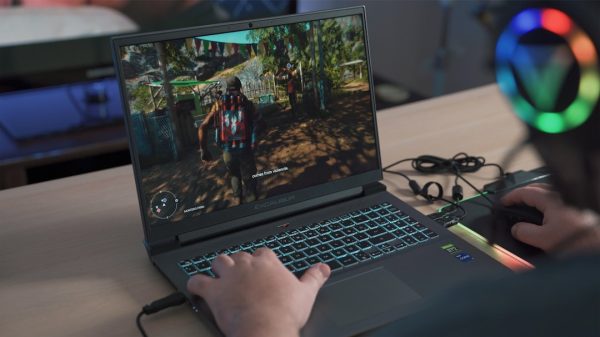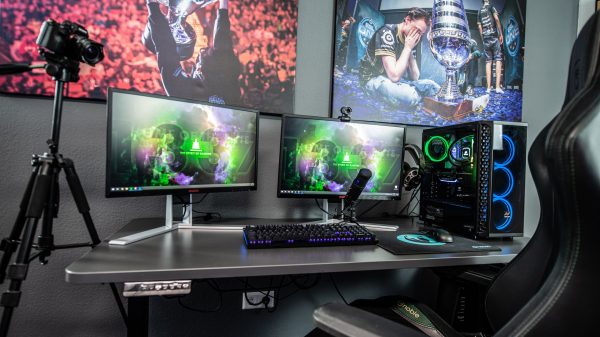There is no doubt that modern technology has made our lives more flexible and our connection to the world easier, but we cannot deny that modern technology also has many visible flaws.
Modern technology has a profound impact on the way children learn, have fun, interact with their friends, their creativity, and their behavior in society. Children today use technology more than previous generations. It is okay to give children technical products such as tablets, smartphones, iPods, televisions, and computers, but the role of parents is to guide them in the use of technology and to set goals for using these gadgets. Modern technologies have become addictive for so many children. Many children have become addicted to video games, so they don’t have time to interact with other children.
Drawbacks of technologies:
Modern technologies have many drawbacks and negative effects on children. Screen time can make a child fat because they spend more time watching TV or playing video games on tablets. One of the main reasons kids spend more time with technology is that parents are too busy spending time with their kids. These technologies weaken the relationship between children and their parents. Since most parents spend less time with their children because they have to work, children have replaced their parents with technology.
Parents should spend more time with their kids to keep their kids from using their gadgets most of the time. Children are also often exposed to persuasive advertisements that can lead them to engage in risky behavior. Parents must block access to certain websites that could harm their children. Most children have poor social skills due to technology. They spend most of their time online and forget how to interact with their peers.
Modern technology is often cited to improve people’s lives. But time and experience teach us that technology can both deteriorate and help combat poverty. Poverty is more than just earning less than a certain minimum income to meet the basic needs of the family. Poverty has social, economic, environmental, political, cultural, and spiritual dimensions.
Advanced technologies impact on poverty:
Advanced technology has a huge impact on growing economic poverty and growing income inequality. The gap between rich and poor countries, and between rich and poor within countries, has been widened due to unequal access to information and communication technologies (ICTs), also known as the “digital divide”. Socially, unemployment has become a problem for nations.
As technology-based manufacturing processes increasingly rely on human labor, many unskilled and low-skilled workers are already losing their jobs and self-esteem. Ecological poverty has also been exacerbated by modern technology. Technology-driven industrialization has resulted in widespread pollution and environmental degradation. Genetically modified organisms (GMOs) now widely used in commercial agriculture and food production have raised fears of various diseases to human health and the environment.
On the political side, governments are ill-equipped to prevent economic crises caused by the actions of individuals, such as international currency traders and fund managers, and online hackers. This is because modern technology has enabled split-second transactions that can move billions around the world with just a few clicks on the computer. Cultural poverty is also the result of global mass media and the Internet, which homogenize cultures with the lifestyle of the West.





